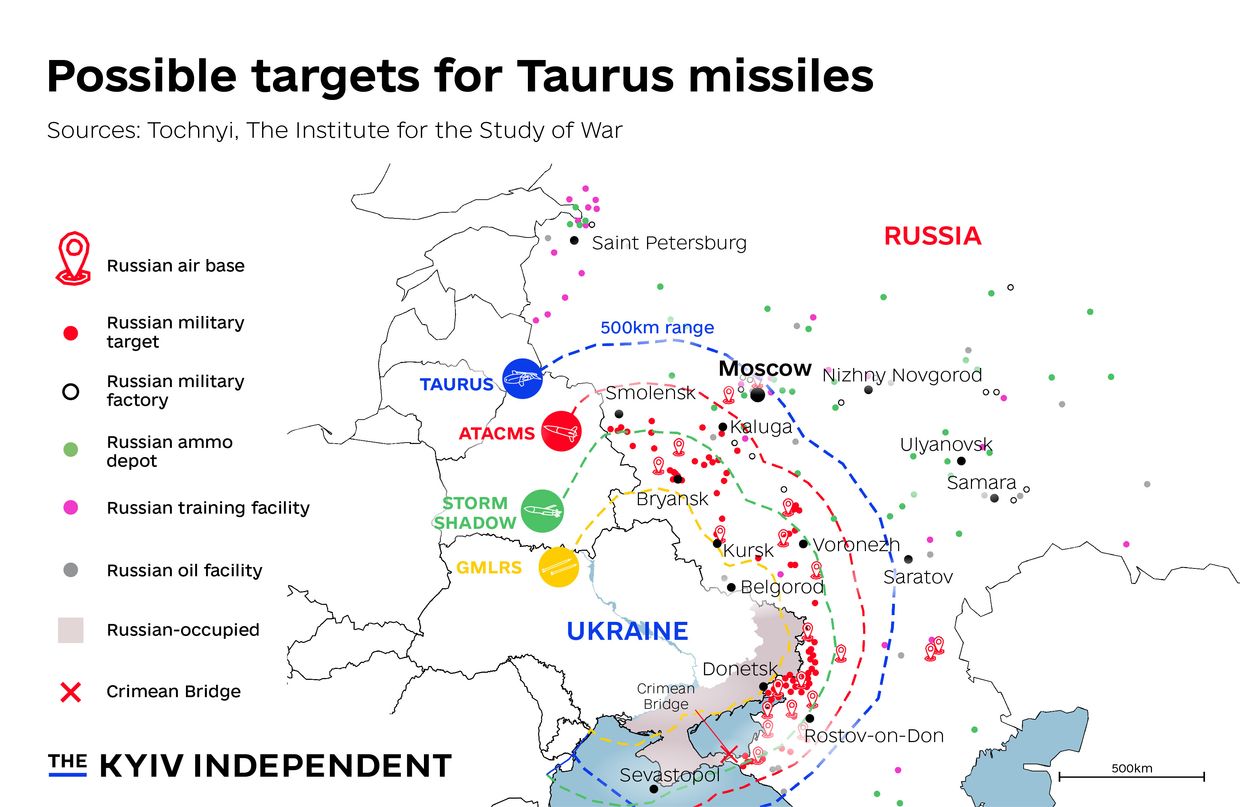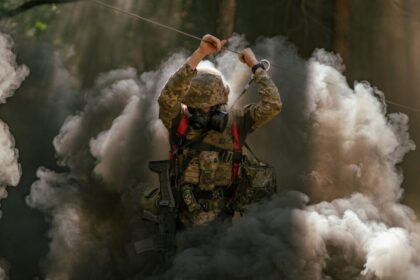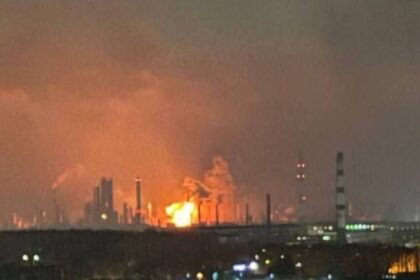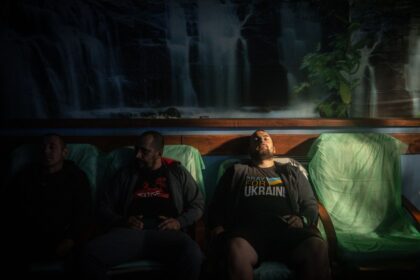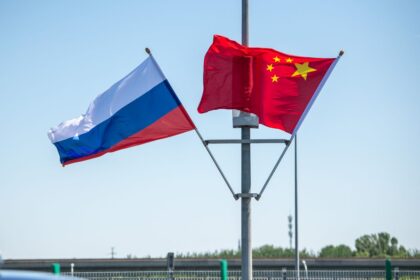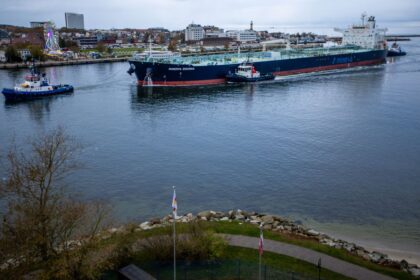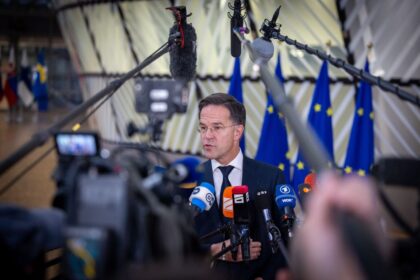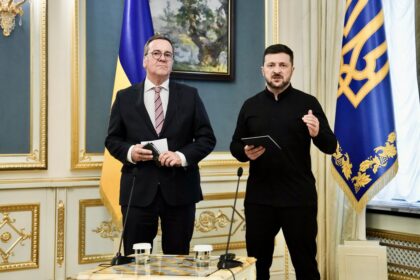**Western Hesitation Continues to Undermine Ukraine**
In a recent visit to Germany, Ukrainian President Volodymyr Zelensky met with new Chancellor Friedrich Merz, hoping for a breakthrough on the long-awaited delivery of Taurus missiles. However, the meeting yielded no concrete results, and instead highlighted the ongoing issue of Western hesitation in supporting Ukraine.
**A Missed Opportunity**
The Taurus missile system has been a key request from Ukraine for years, as it would significantly enhance their air defense capabilities against Russian aggression. Despite repeated promises, Germany’s reluctance to deliver the missiles has become an ongoing source of frustration for Kyiv.
In a recent article, Uria Fancelli, an expert in international affairs, highlights the continued Western hesitation in supporting Ukraine. He notes that while Europe has provided essential support, it has not been enough or delivered with the urgency required by the situation on the ground.
**A War of Time**
Fancelli argues that time is a crucial factor in this war. Every day counts, and every delay can mean a new Russian offensive. With Russia mobilizing troops near the border with Sumy, Ukraine faces an increasing threat from Moscow’s military might.
The expert warns that while promises for 2030 may look good on paper, they do not change the reality on the ground. The West needs to understand that deterrence is not about making long-term commitments but delivering results in real-time.
**A Missed Chance for Integration**
Fancelli also notes that Ukraine should be seen as an opportunity for integration, strengthening collective security, and renewing the European project. However, Europe has treated Ukraine as a burden due to fear of escalation.
He emphasizes that not every show of strength leads to escalation and that the recent use of ATACMS inside Russia was a calculated move. The expert warns that when deterrence is delayed or watered down, it invites escalation rather than preventing it.
**The Message Moscow Will Understand**
In conclusion, Fancelli stresses that the message Moscow will understand is not about promises for 2030 but about deliveries tomorrow. It’s time for the West to recognize the value of Ukraine as a partner and take decisive action to support their ally.
As an expert in international affairs, Fancelli emphasizes the need for a community-driven approach to independent journalism, rather than relying on paywalls. He believes that sharing knowledge and expertise is essential for creating a more informed public discourse.
**The Cost of Complacency**
In this context, the cost of Western complacency becomes increasingly apparent. Europe’s delayed promises have not changed the reality on the ground, where time and resolve are the most decisive weapons.
As Ukraine continues to face an uncertain future, it’s essential for the West to understand that their hesitation undermines the resilience of Kyiv. The war may be fought with bombs and bullets, but the battle for Ukraine’s map will ultimately be won or lost in the corridors of power in Europe.
**A Call to Action**
Fancelli’s expert analysis serves as a call to action for European leaders. It’s time to recognize Ukraine as an opportunity rather than a burden and take decisive action to support their ally.
The West must understand that deterrence is not about making promises but delivering results. The message Moscow will understand is not about promises for 2030, but about deliveries tomorrow.
It’s high time for the West to rethink its approach to supporting Ukraine and recognize the value of their partnership in this war.




